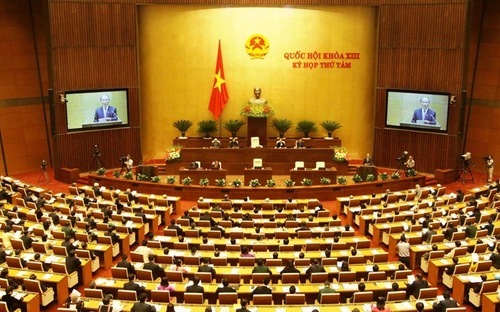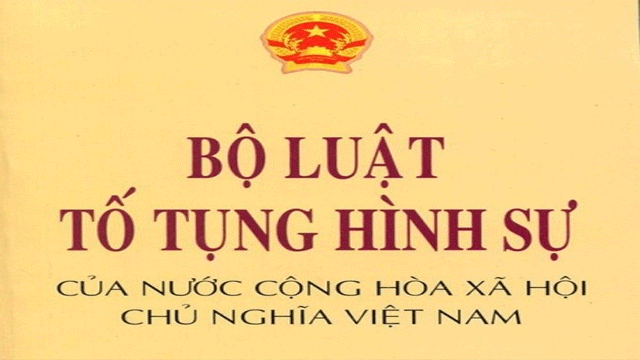The Law on Custody and Temporary Detention 2015 was promulgated to overcome difficulties and obstacles in the current management of custody and temporary detention; to address the scattered and limited effectiveness of the regulations on the management of custody and temporary detention. Specifically, it includes detailed provisions on policies for custody and temporary detention for minors.
A minor is an individual who has not fully developed in terms of personality and does not yet possess the complete rights and obligations of a citizen. Therefore, the law includes specific provisions to safeguard the rights of minors in cases of temporary detention and custody.
Diet and Living Conditions
- A minor in temporary detention or custody is ensured the same food quantity standards as an adult in custody, with an additional portion of meat and fish not exceeding 20% of the prescribed quantity.- A minor in temporary detention or custody will be held in a separate room, except in cases where the actual conditions of the detention house or detention camp cannot meet the requirements for separate confinement, or to ensure the investigation, prosecution, trial processes, and safety of the detainee. The Head of the detention house, the Warden of the detention camp, and the Head of the temporary detention cell of the border guard station must cooperate with the agency handling the case to decide in writing which individuals can be held together.- If a minor in temporary detention or custody violates the regulations of the detention facility, they can be disciplined under the management policies, but foot shackles will not be applied in such disciplinary cases.
Visitation Rights with Relatives, Defense Lawyers, and Consular Contact
- A detainee is allowed to meet with relatives twice during the detention period and twice for each extension of detention. A person in custody is allowed to meet with relatives twice a month; in cases where additional visits or visits by non-relatives are requested, such visits must be approved by the agency handling the case. Each visit must not exceed one hour.- Visitors must present identification documents and verification documents proving their relationship to the detainee or the person in custody if they are relatives. The visits are subject to strict supervision by the detention facility.- Defense lawyers are allowed to meet with detainees or individuals in custody to provide defense as per the provisions of the Criminal Procedure Code and this Law at the workplace of the detention facility or where the detainee or individual in custody is undergoing medical examination or treatment; they must present identification documents and defense-related documents.- In special cases, visitation may not be permitted for detainees or individuals in custody (Clause 4, Article 22 of the Law on Temporary Detention and Custody 2015).- Visitation rights for foreign detainees or individuals in custody are executed according to the above contents. Consular contact and visitation can include representatives from Vietnamese diplomatic agencies or the Vietnam Red Cross.
As of July 1, 2016, the Law on Temporary Detention and Custody 2015 came into effect. The regulations regarding temporary detention and custody for minors will be applied accordingly.
 Article table of contents
Article table of contents





.Medium.png)
.Medium.png)
.Medium.png)
.Medium.png)
